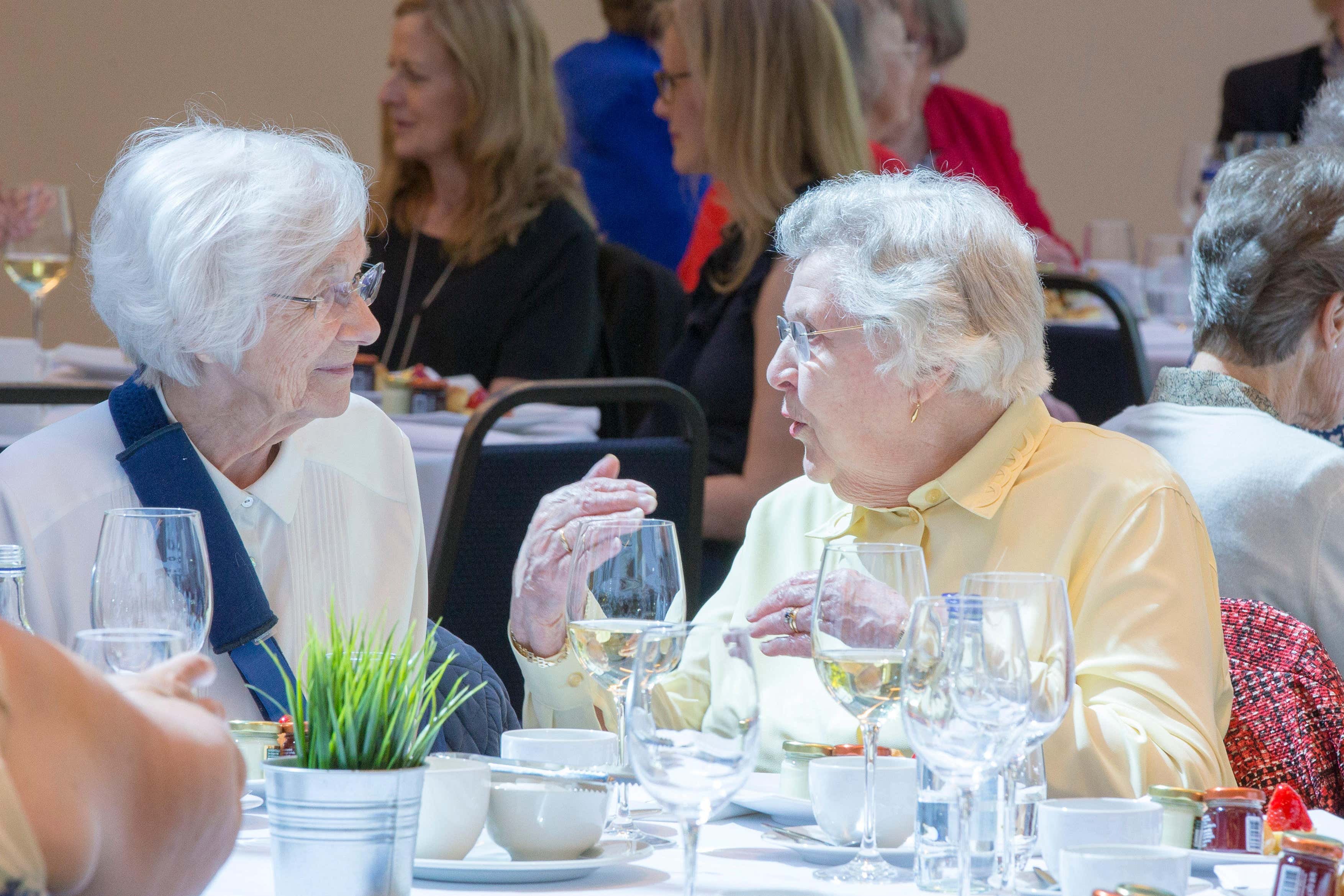Frequent socialising ‘could help people live longer’ in old age
Even socialising weekly or once a month appeared to have health benefits

Your support helps us to tell the story
From reproductive rights to climate change to Big Tech, The Independent is on the ground when the story is developing. Whether it's investigating the financials of Elon Musk's pro-Trump PAC or producing our latest documentary, 'The A Word', which shines a light on the American women fighting for reproductive rights, we know how important it is to parse out the facts from the messaging.
At such a critical moment in US history, we need reporters on the ground. Your donation allows us to keep sending journalists to speak to both sides of the story.
The Independent is trusted by Americans across the entire political spectrum. And unlike many other quality news outlets, we choose not to lock Americans out of our reporting and analysis with paywalls. We believe quality journalism should be available to everyone, paid for by those who can afford it.
Your support makes all the difference.Frequent socialising could help people live longer – and the more often the better, a new study suggests.
Experts found that older people who socialised daily, weekly or monthly had a significantly greater chance of a longer life than those who socialised the least or not at all.
A team from Sichuan University West China Hospital looked at data for 28,563 Chinese people who were asked about their socialising habits as part of a long-term study, with answers provided in 2002, 2005, 2008, 2011 and 2014.
Published online in the Journal of Epidemiology & Community Health, the research asked people, who were aged 89 on average at the start of the study: ‘Do you take part in some social activities?’
The options for answering were almost every day; not daily, but at least once/week; not weekly, but at least once a month; not monthly, but sometimes; and never.
Survival was tracked for an average of five years or until people died.
Over the first five years of the study, 25,406 people said they did not engage in any social activities, 1,379 said sometimes; 693 said at least once a month, 553 at least once a week and 532 almost daily.
During the entire study, 21,161 (74%) people died, of whom 15,728 did so within the first five years.
In the first five years, after adjusting for factors such as sex, age, diet and whether somebody was married, death rates were 18.4 per 100 people who never socialised, 8.8 among those who did so occasionally, 8.3 among those who did so at least monthly, 7.5 among those who socialised at least once a week and 7.3 among those who did so nearly every day.
Therefore, people were less likely to die the more often they socialised.
In the first five years, compared with people who never socialised, those who socialised sometimes had a significantly longer overall survival time.
The more frequent the social activity, the more prolonged the survival time
But it was even higher among those who socialised not daily but at least once a week, and among those who did so almost every day.
However, these effects seemed to diminish after five years, with only socialising nearly every day having an effect among those who managed to live that long.
The authors said: “This study found that frequent participation in social activity was associated with prolonged overall survival time.
“From baseline (start of study) to five years of follow-up, the more frequent the social activity, the more prolonged the survival time.
“However, after five years of follow-up, there was a threshold effect regarding the association between social activity frequency and overall survival time, and only participating in social activity almost every day could significantly extend the overall survival time.”